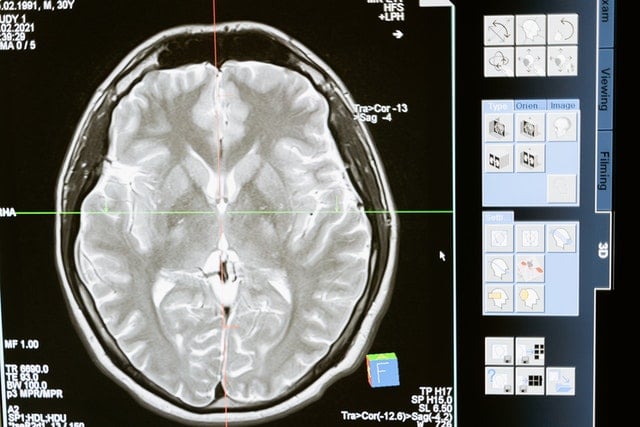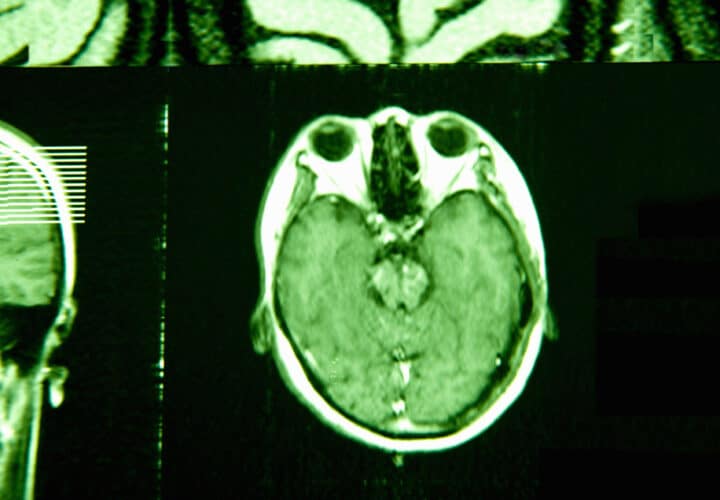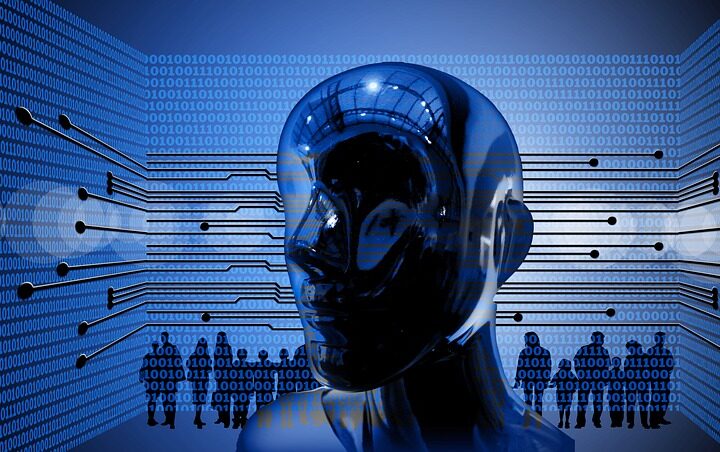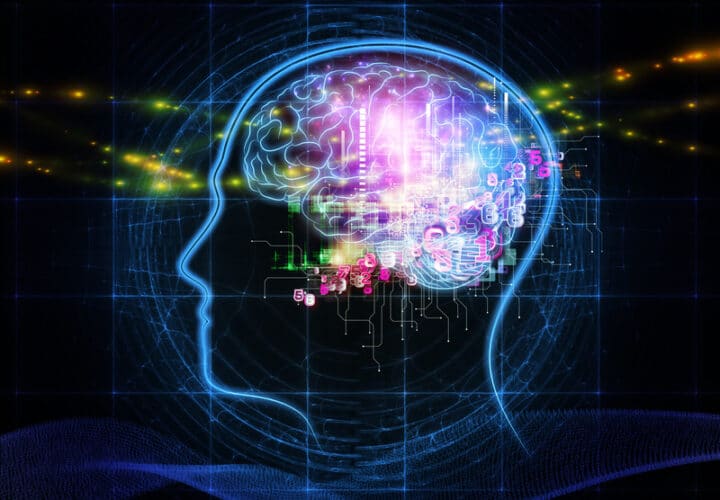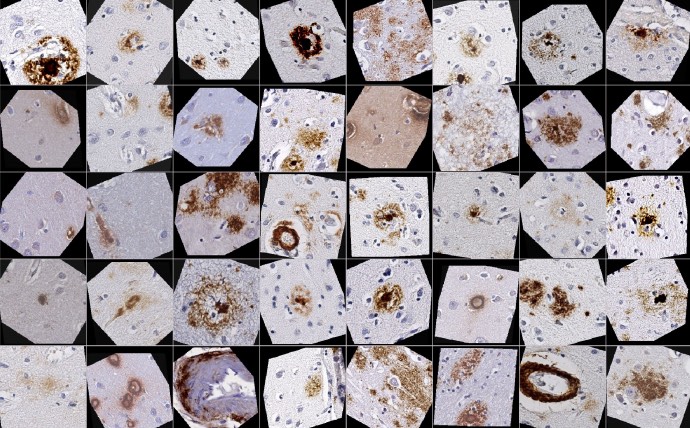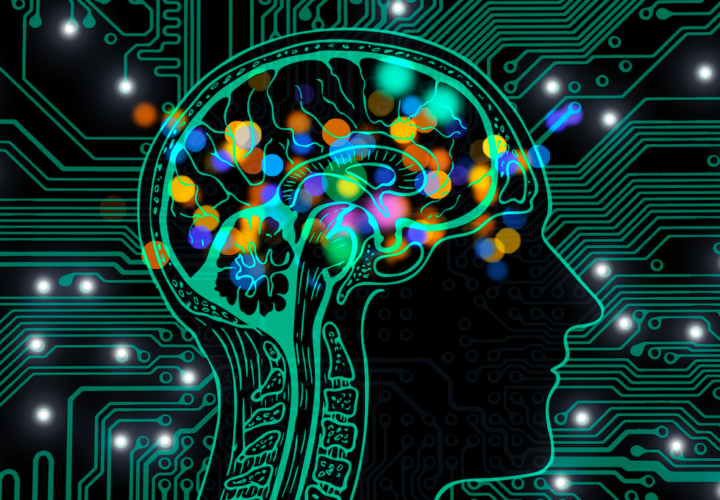Scientists are confident that artificial intelligence can help us improve Alzheimer’s prediction and diagnosis — the question is exactly how. Around the world, researchers are experimenting with using AI to analyze blood samples, metabolism, speech and language patterns, even handwriting as pathways to better understand a person’s risk and progression of the disease. Some have found promising results, including programs that can diagnose the disease six years earlier than doctors were previously able.
Now, researchers from Boston University School of Medicine have developed a new AI-powered program that uses MRI brain scans, cognitive impairment measures, and data on age and gender in order to predict and diagnose the disease. In the study, the AI-powered method yielded results more accurate than a team of human neurologists.
“If computers can accurately detect debilitating conditions such as Alzheimer’s disease using readily available data such as a brain MRI scan, then such technologies have a wide-reaching potential, especially in resource-limited settings,” said Vijaya B. Kolachalama, PhD, assistant professor of medicine at Boston University School of Medicine (BUSM) and corresponding author on the project.
According to Kolachalama, the technology not only helps accurately predict Alzheimer’s risk — it also helps create visual representations of individual cases of Alzheimer’s disease that scientists can interpret on the road to diagnosis.
To test the technology, scientists fed the AI raw MRI brain scans along with demographic and clinical information both on individuals with Alzheimer’s disease and those without, collected from four national test groups. By analyzing markers of Alzheimer’s present in the brain scans, the AI is capable of learning to recognize the same markers in new scans. To test the accuracy, the researchers fed the AI the data from just one sample group, then measured its predictions for brain scans from the other groups, and found the AI to be accurate in its predictions.
To get a sense of its future potential, they pitted it against an international team of neurologists tasked with detecting Alzheimer’s disease with the same data. In the end, the artificial intelligence won out over human scientists for accuracy in predicting Alzheimer’s.
“If we have accurate tools to predict the risk of Alzheimer’s disease (such as the one we developed), that are readily available and which can use routinely available data such as a brain MRI scan, then they have the potential to assist clinical practice, especially in memory clinics,” Kolachalama said.
As research continues, the incredible potential that AI programs and machine learning hold for the future of medicine becomes ever clearer. The sooner that diagnoses can be made, the sooner people can take control of their lives and begin preparing for the disease.
